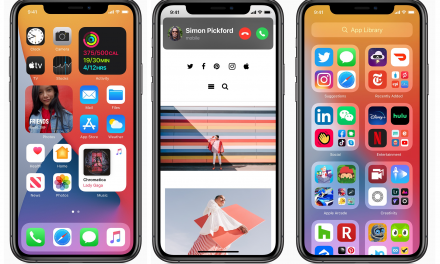Consumer confidence is lower than it’s ever been – worse than during the early days of the Covid-19 pandemic, the Brexit referendum and the 2008 financial crisis. Against this backdrop, it is vital that merchants adapt, adjust and enhance their offering in line with the challenging macroeconomic situation. One way for them to do this is to offer payment solutions that enable consumers to buy the things they love, with the right level of financial flexibility and security.
This is particularly the case for tech retailers. New products can be a significant investment for consumers, so it’s likely that they’ll consider multiple stores to ensure they get the best deal. Online shopping and the ease with which consumers can now compare prices have increased basket abandonment rates significantly. In the first quarter of this year, more than 70% of online shopping baskets filled while using a computer or tablet were abandoned.
With basket abandonment rates likely to rise and retail sales falling, buy now, pay later (BNPL) checkout solutions could help technology merchants convert more baskets – driving sales and repeat purchases.
Keeping up with changes in the market

Shoppers have gotten used to the majority of stores offering pay later options at the checkout. And, since inflation and energy costs have begun to climb, the majority of consumers expect to abandon more of their baskets at checkout. If tech retailers want to support their customers and stay competitive then they must offer flexible finance options at the checkout. This is even more pertinent for those stores that sell high-ticket items.
However, traditional buy now pay later products, like those used by online clothing stores, are often inadequate for tech retailers. The primary reason for this is that these finance solutions are too inflexible to meet consumers’ needs both in terms of the basket sizes they can cover and the repayment terms
offered to customers. The finance options available are typically capped at a value too low to cover high-ticket items and repayment periods are often too short to fully relieve the financial pressure facing customers.
Deko’s buy now pay later services to provide a necessary alternative, allowing customers to break down tech purchases (across a range of prices) into manageable instalments. Its Pay Monthly product offers repayment periods from 6 months up to 60 months, with interest-free options available. Customers accessing Deko’s platform gain true flexibility in how they pay for new gadgets, and as a result, it is perfect for retailers selling more expensive tech, such as high-end televisions, PCs or cameras.
Deko also offers a digital credit product, which customers can use across a number of partnered UK retailers. This product combines the simplicity of BNPL and the functionality of a credit card account, with a credit facility capped at £2,500. For tech retailers looking to drive repeat purchases and bolster consumer loyalty, this product is a great avenue. By offering customers the option to pay with digital credit accounts, merchants are likely to see an increase in their average customer lifetime value.
An innovative multi-lender approach
Multi-lender solutions are the future of buy now pay later. This is because they give customers the best chance of qualifying for credit and of being matched with the right lender to finance their purchases. Deko’s innovative platform connects customers with lenders best suited to their needs in seconds, without any interruption to the buying experience. This method of lender aggregation can lead to higher acceptance rates for tech-obsessed consumers and higher sales for merchants.
Fast and flexible finance unlocks the buying power that tech lovers need to pursue their passion. At the same time, it helps merchants to reduce drop-off rates and increase sales of bigger basket sizes. Putting the customer experience at the heart of their payment strategy, merchants can stay competitive in line with the current economic climate.
Solutions to support merchants and consumers during the cost-of-living crisis
As shoppers tighten their belts and retail sales continue to fall, both merchants and consumers need to be supported by effective payment solutions. Some tech items, like laptops, might be considered essential purchases. But other products may fall to the wayside as disposable incomes are squeezed. It’s vital that retailers understand the different flexible finance options available to them, so they can partner with a provider who will help them tackle dwindling consumer confidence.
Thanks for reading this article, please continue to support us and check out our other reviews and follow us on Social media: Facebook, Twitter, Instagram, and Linkedin don’t forget to sign up for our newsletter below.










Recent Comments